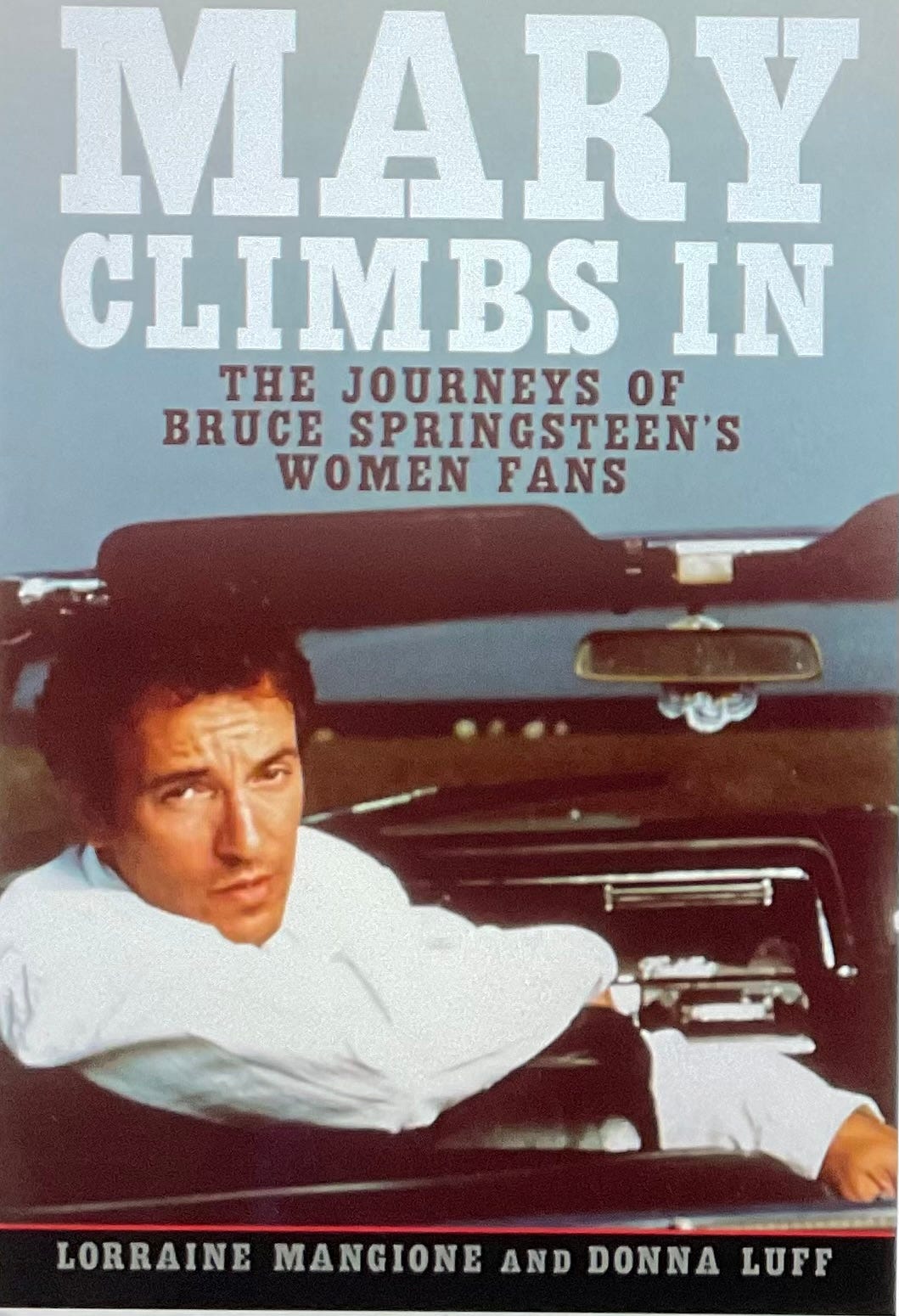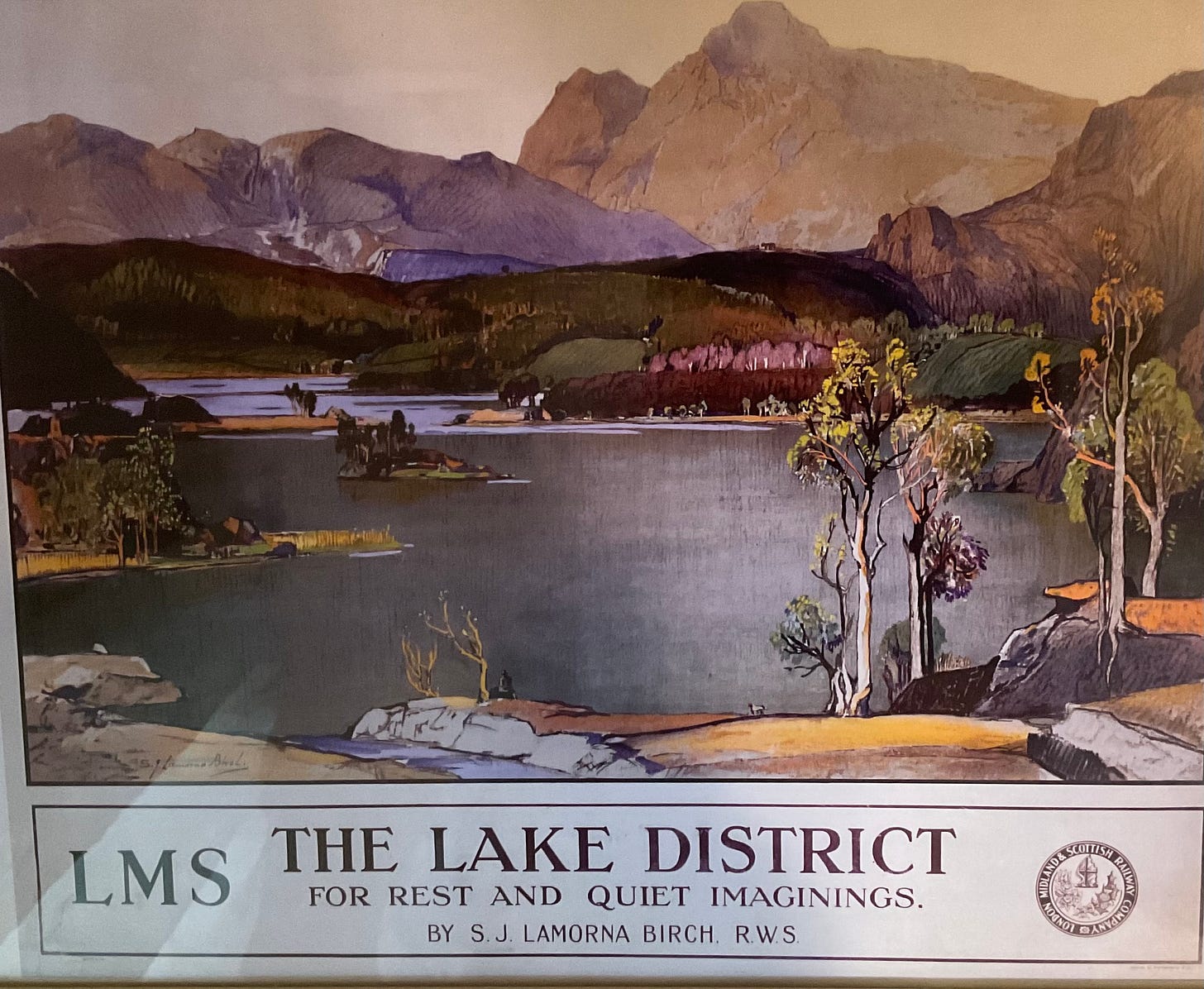Bruce Springsteen’s music was the soundtrack for our 4th of July summer morning. Is there a better way to say “Happy Birthday America” than to rock out with the Boss? I don’t think so either.
Thunder Road (like all of his music) is a ballad, a story within a story that depicts Americana at its lowest and yet its most hopeful. Poor Mary…. “she ain’t a beauty but she’s alright” and then Mary appears again as the seventeen year old who “got pregnant and, man, that was all she wrote. I got a union card and a wedding coat…” That about sums it up for a wide swath of young people and their choices. Springsteen taps into something uniquely American with his itch for meaning in the drudgery of blue collar life. It holds promise, especially for women. It is remarkable that so many women are fans of a fairly hard-core rock ensemble, but there it is - huge numbers of women relate to the themes, the rhythm, and the down and dirty grit of scratching a living out of sand. “Hey little girl is your Daddy home…”? Uh, oh… trouble ahead for sure. But a wild ride nonetheless.
The images and underlying themes of Springsteen’s music is similar, in my opinion, to the brilliance of Elmore Leonard. Leonard cut his writing teeth as an advertising executive in the 1950s, but it was his singular passion for Westerns that transformed the disciplined (really disciplined! Waking at 5 while his wife and children slept and writing for two hours every single morning before heading to work) Leonard from MadMan to esteemed American author. He caught something by the tail, especially in his telling of the unique American character. One of his earlier stories was made into the film 3:10 to Yuma, a stunning portrayal of hard scrabble life in the lawless west. That story seemed to shift Leonard’s focus from Westerns to the broader issue of the American psyche. “Get Shorty” embodies the grit, humor and vitality of the American persona - and landed Elmore Leonard into the mainstream conversation. As an author, I think he rivals John Cheever for capturing an essential and unique quality about American life. But I owe a debt of gratitude to the author for ‘clinching the deal’ with my husband - when we were early in our dating life I mentioned loving Elmore Leonard and he was ecstatic! Kindred spirits, with the first of many coincidences revealing themselves.
But the grand-daddy of them all, of course, is Herman Melville’s “Moby Dick”. There is nothing more American than the quest for the whale…. and all of its symbols. My dear husband has a habit of re-reading Moby Dick every summer before we pack up and head to the ferry for our summer hiatus on Nantucket. It ties him to the sea and, more importantly, to the burst of brilliant creative energy that unfolded in 19th century New England as writers, artists, and musicians were inspired by the Transcendentalist Movement. It is hard to imagine that such a movement could occur today. There is simply too much ‘gerede’ as the German philosopher Martin Heidegger described daily interaction: idle chatter, nonsense. We are overwhelmed with noise, without meaning. The deep dive into meaning comes from solitude and soulful reflection. Springsteen’s characters open a world of speculative meaning as we sit and absorb the lyrics. But sit we must… without multi-tasking, just ‘being’ with text or song or painting. Meaning flows from that quiet contemplation. A print that my husband and I picked up on our honeymoon in the lakes region of England sums it up:







Brill and eloquent as always.